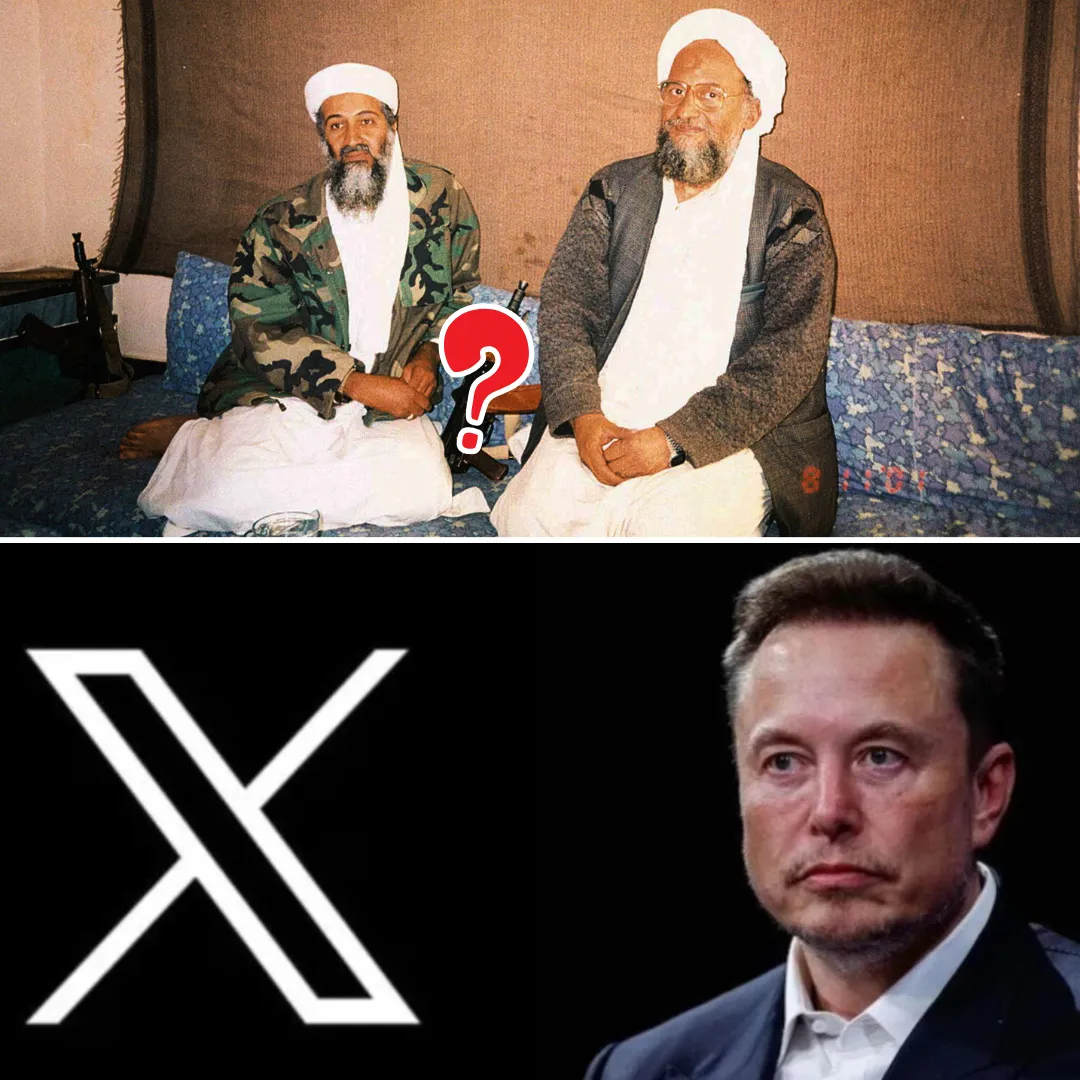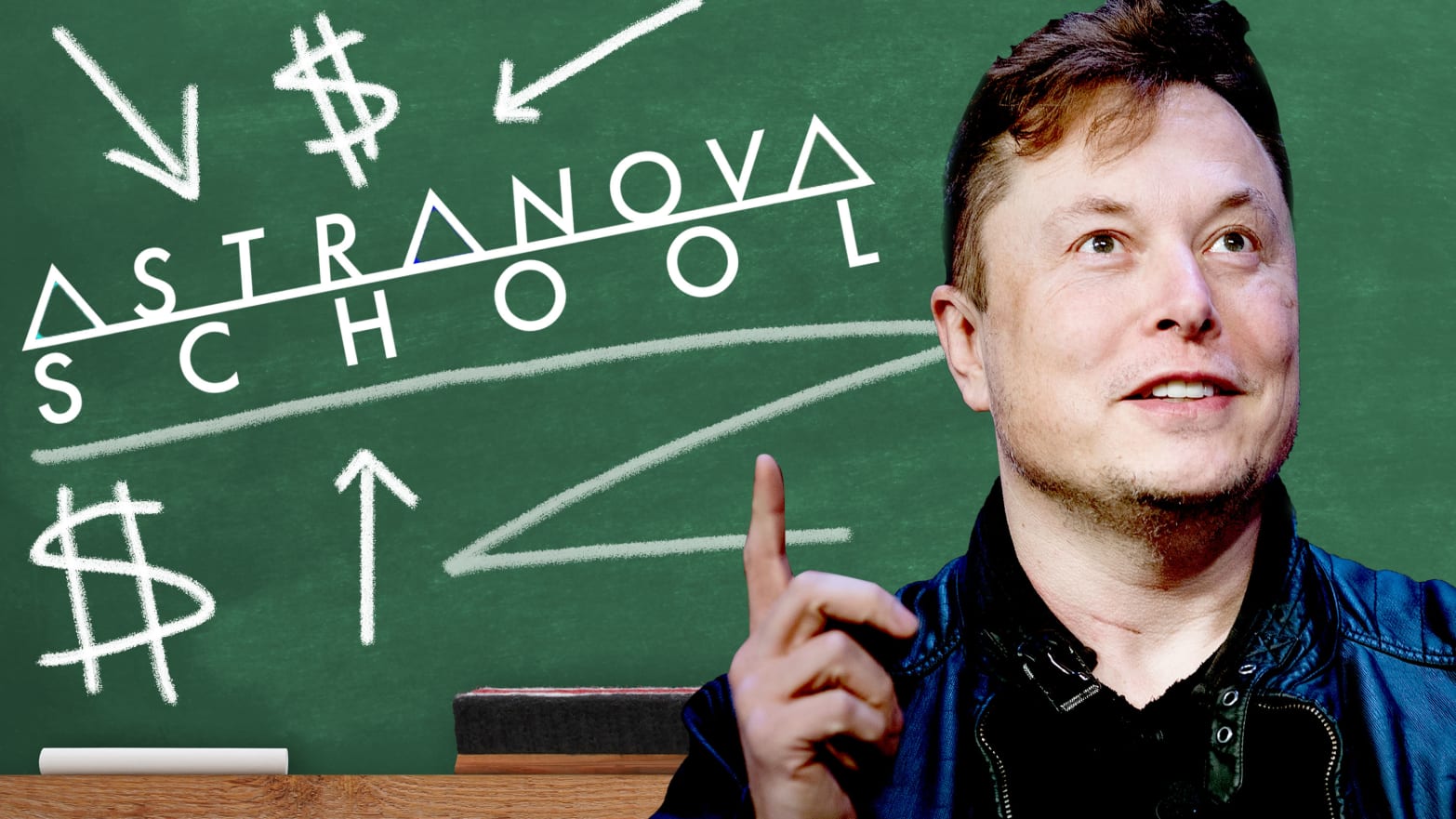
Elon Musk’s Astra Nova school represents a groundbreaking shift in education, challenging centuries-old traditions that define success by grades and standardized testing.
Founded on the radical premise that true education is not about what students memorize or how well they score on tests but about how deeply they think, Astra Nova pushes students to confront complex, open-ended ethical dilemmas called “Conundrums.”
This revolutionary approach aims to cultivate critical moral reasoning, foster collaborative debate, and develop systems thinking skills that are essential for navigating the increasingly complex world of the future.
At its core, Astra Nova embodies Musk’s broader vision that innovation must be guided by ethics and a profound understanding of real-world problems, a philosophy that challenges not only educational norms but also societal values about learning and success.
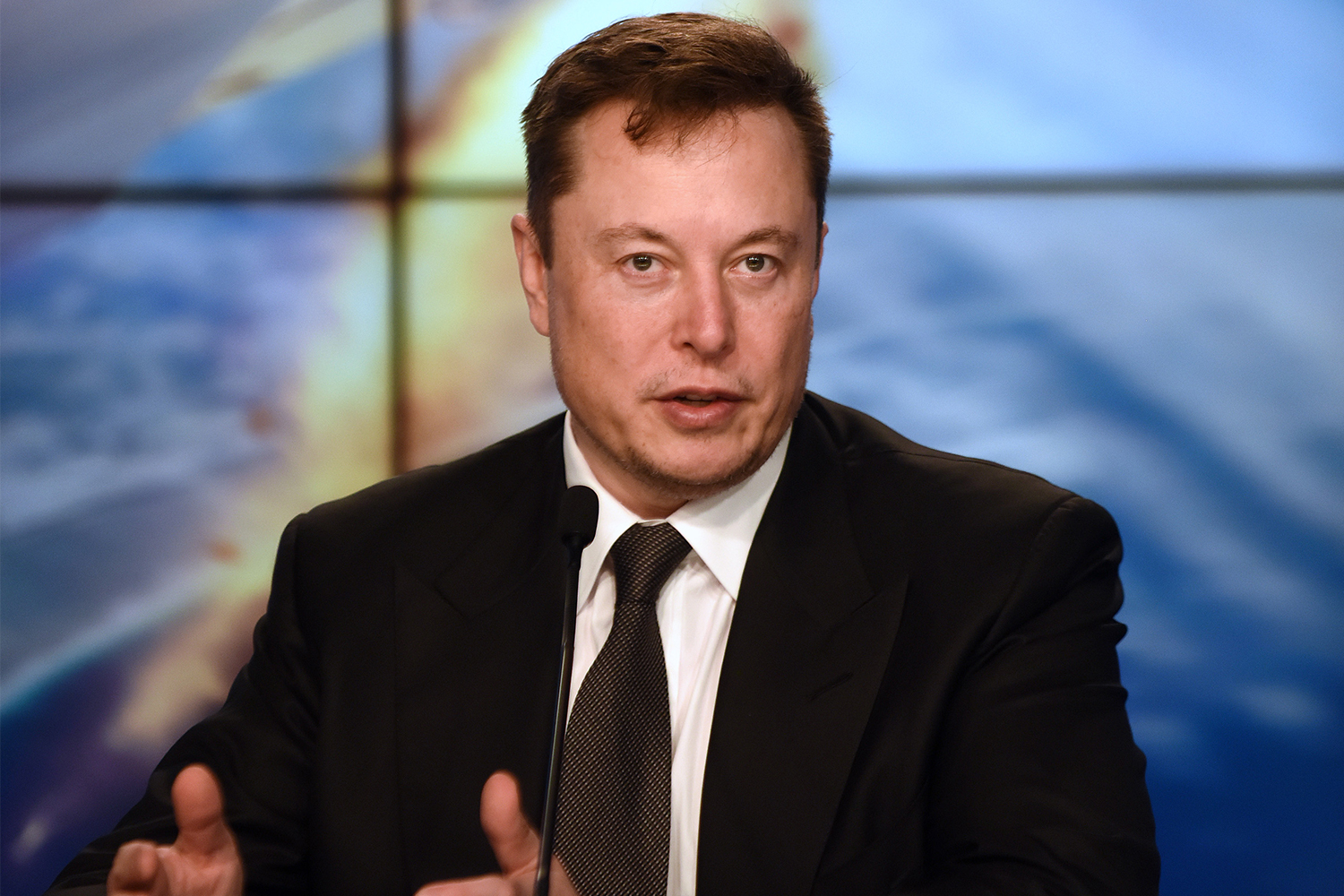
Unlike traditional schools that rely heavily on grades as markers of achievement and standardized tests to measure knowledge, Astra Nova intentionally discards these metrics. Instead, it immerses students in intellectually rigorous environments where there are no clear right or wrong answers.
Through “Conundrums,” students are encouraged to wrestle with moral questions that require nuanced thinking and consideration of multiple perspectives. This method promotes a deeper form of learning that values reasoning over rote memorization.
It encourages students to question assumptions, appreciate ambiguity, and develop the intellectual humility necessary to engage with complex issues. This approach aligns closely with the Socratic tradition of teaching, emphasizing dialogue, inquiry, and critical thinking rather than passive absorption of facts.
The philosophy behind Astra Nova challenges the entrenched idea that education’s primary goal is to fill students with knowledge that can be quantitatively assessed. Musk’s vision acknowledges that the rapidly evolving technological landscape demands a different kind of preparation for young minds—one that equips them to think independently and ethically rather than simply recall information.

In a world increasingly shaped by artificial intelligence, automation, and global interconnectivity, problem-solving, ethical judgment, and collaboration become paramount. Astra Nova’s curriculum is designed to foster these qualities by encouraging students to engage actively with real-world dilemmas that mirror the complex challenges society faces today.
One of the most provocative aspects of Astra Nova is its rejection of traditional grading. In mainstream education, grades often determine a student’s future opportunities, creating high-stakes environments where performance is reduced to a single letter or number.
Astra Nova disrupts this model by removing grades entirely, focusing instead on intellectual engagement and ethical development. This radical move challenges parents, educators, and policymakers to rethink the meaning of success and achievement.
It asks whether the pressure to perform on standardized tests truly prepares students for the moral and cognitive complexities they will encounter in life and work.
Astra Nova also emphasizes collaborative debate as a central pedagogical tool. Students do not simply work in isolation but are encouraged to discuss, argue, and negotiate with peers.

This approach fosters not only cognitive skills but also social and emotional intelligence, teaching students to listen, empathize, and articulate their views respectfully.
Through these interactions, learners practice the skills of democratic discourse, critical for functioning in diverse societies and addressing collective challenges. This social dimension of education underscores the school’s commitment to nurturing not just individual brilliance but thoughtful citizenship.
Systems thinking is another key pillar of Astra Nova’s educational philosophy. Students are taught to understand how different elements within social, technological, and ecological systems interact and influence one another.
This holistic perspective helps learners see beyond isolated problems and appreciate the interconnectedness that defines many contemporary issues such as climate change, social justice, and technological ethics.

By cultivating systems thinking, Astra Nova prepares students to design innovative solutions that consider long-term consequences and complex interdependencies, fostering responsible innovation.
The educational experiments at Astra Nova resonate with broader debates about reforming schooling worldwide. Many educators criticize traditional systems for being outdated, overly rigid, and ill-equipped to prepare students for 21st-century challenges.
The emphasis on standardized testing and grades is often blamed for stifling creativity, discouraging risk-taking, and prioritizing memorization over critical thought. Astra Nova’s model offers a compelling alternative, illustrating how education can be reimagined to nurture intellectual curiosity, ethical awareness, and collaborative problem-solving.
However, such radical changes also provoke controversy, raising questions about scalability, assessment, and the preparation for higher education and the workforce.

Critics argue that without grades and standard measures, students may struggle to demonstrate their competencies to universities and employers accustomed to traditional metrics. There are concerns about whether ethical dilemmas and open-ended problems can be consistently and fairly evaluated.
Additionally, the success of such models depends heavily on the skill of educators in facilitating Socratic dialogue and managing diverse viewpoints constructively.
These challenges highlight the tension between innovation and practicality in education reform and raise important questions about how to balance experimental approaches with established expectations.
Elon Musk’s engagement with education through Astra Nova also reflects his personal beliefs about the role of knowledge and ethics in shaping the future. Musk, renowned for his ventures in technology and space exploration, sees education as a crucial frontier where societal transformation must begin.
His emphasis on teaching students how to think ethically and critically aligns with his broader concerns about the responsible development of technologies such as artificial intelligence.
Astra Nova embodies this ethos, striving to produce not just technically skilled individuals but ethically grounded leaders capable of navigating moral complexities in innovation.
Furthermore, Astra Nova’s focus on ethical reasoning is particularly timely given the accelerating pace of technological change. Advances in AI, biotechnology, and automation pose unprecedented ethical dilemmas regarding privacy, security, equity, and human agency.
Educating students to grapple with such challenges from a young age is essential to fostering a generation that can steer technology toward societal benefit rather than harm.
The school’s curriculum anticipates this need by immersing students in real-world conundrums, fostering moral imagination, and encouraging nuanced understanding of competing values.
The school's adoption of systems thinking also prepares students for leadership in a world defined by complexity and interconnected risks. Understanding how environmental, social, and technological systems interact enables future innovators to anticipate unintended consequences and design holistic solutions.
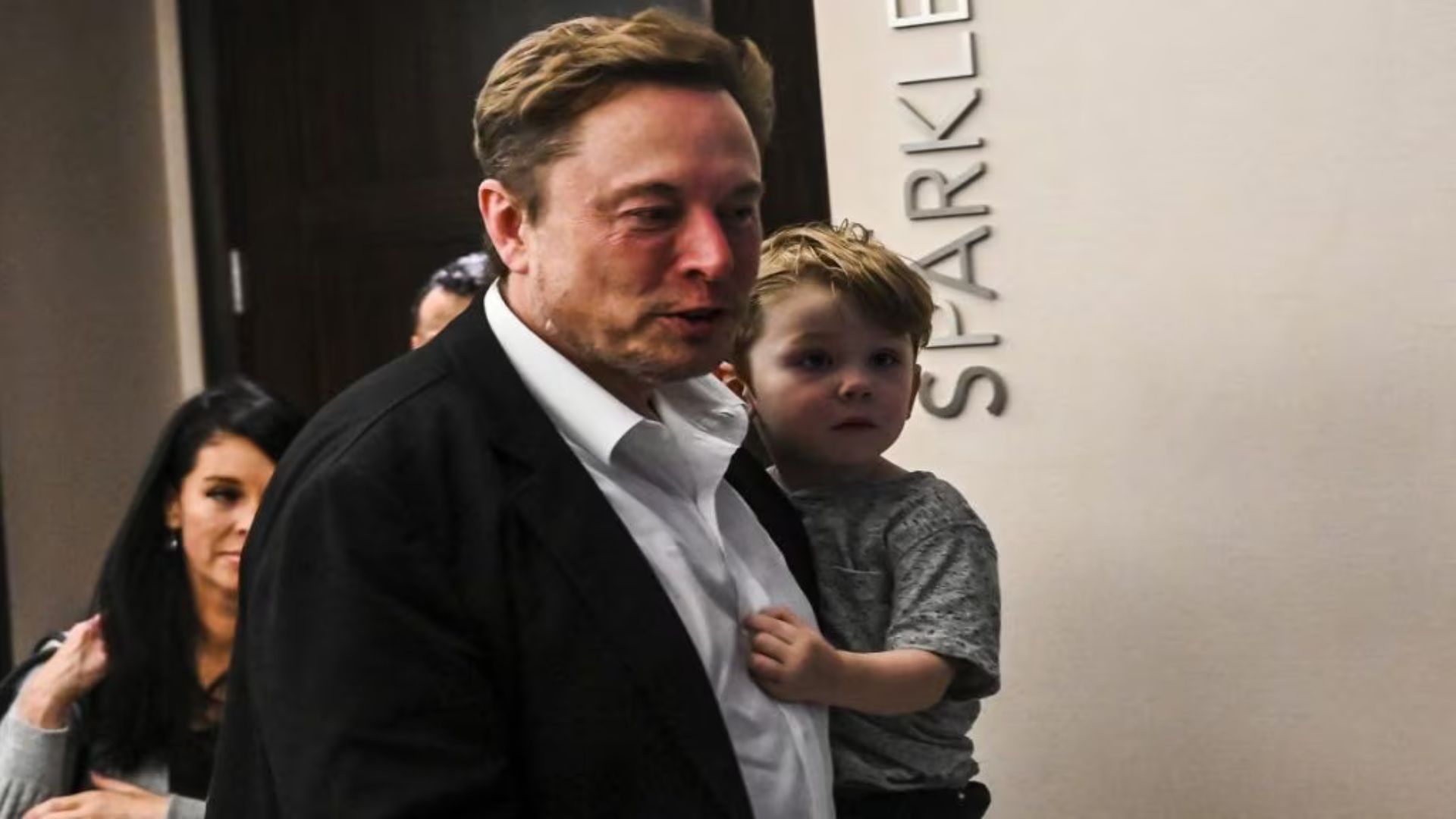
This mindset contrasts sharply with linear, reductionist approaches that often dominate education and policy. Astra Nova’s pedagogy thus contributes to cultivating the kind of adaptive and integrative intelligence necessary for sustainable progress.
The radical nature of Astra Nova’s educational approach has sparked discussions among educators, parents, and policymakers about the future of schooling. It challenges long-standing assumptions about knowledge transmission, assessment, and the purpose of education itself.
While some hail it as a visionary experiment with transformative potential, others caution about potential pitfalls and the difficulties of integrating such approaches into existing educational ecosystems.
Nevertheless, Astra Nova serves as a catalyst for broader reflection on how to prepare young people not only to succeed but to lead ethically in an uncertain and complex world.
In addition to its curricular innovations, Astra Nova represents a broader shift toward personalized and student-centered learning. By focusing on open-ended problems and collaborative inquiry, the school tailors education to developing individual capacities rather than enforcing uniform benchmarks.

This approach respects diverse ways of thinking and learning styles, potentially increasing engagement and motivation. It also mirrors trends in digital learning and future workplace demands, where creativity, collaboration, and adaptability are prized.
As Astra Nova grows, its impact on the wider education landscape will be closely observed. Should its students demonstrate the ability to navigate ethical dilemmas thoughtfully and apply systems thinking effectively, it could inspire reforms in mainstream schooling.
Such outcomes could accelerate the adoption of inquiry-based and ethics-focused curricula worldwide. Conversely, if challenges around assessment, scalability, or acceptance prove insurmountable, the school’s model might remain a niche experiment. Either way, Astra Nova’s existence pushes the conversation about education forward.
Ultimately, Elon Musk’s Astra Nova school confronts fundamental questions about what education should be in the 21st century. It insists that preparing children for the future requires more than technical knowledge or standardized test scores.
It demands fostering the capacity to think deeply, reason ethically, and engage constructively with complexity. This vision challenges educational institutions, societies, and individuals to reconsider the meaning of learning and success.

Astra Nova is not merely a school; it is a bold statement about the kind of future we wish to create and the minds we must cultivate to achieve it. In a world grappling with technological disruption, environmental crises, and social upheaval, Astra Nova offers a hopeful blueprint.
It invites us to imagine an education that empowers rather than confines, that encourages questions rather than rote answers, that prepares students not only to survive but to shape a better world. Whether this vision becomes mainstream remains uncertain, but its implications are profound and worthy of serious consideration.
Elon Musk’s commitment to fostering ethical and critical thinking through Astra Nova is a testament to the urgent need for education systems that evolve with society’s challenges.
By embedding moral reasoning and systems thinking at the heart of learning, the school seeks to produce thoughtful leaders, responsible innovators, and engaged citizens.
In doing so, Astra Nova redefines education as a powerful tool for societal transformation, aligned with Musk’s broader mission to leverage technology ethically and thoughtfully for humanity’s benefit.
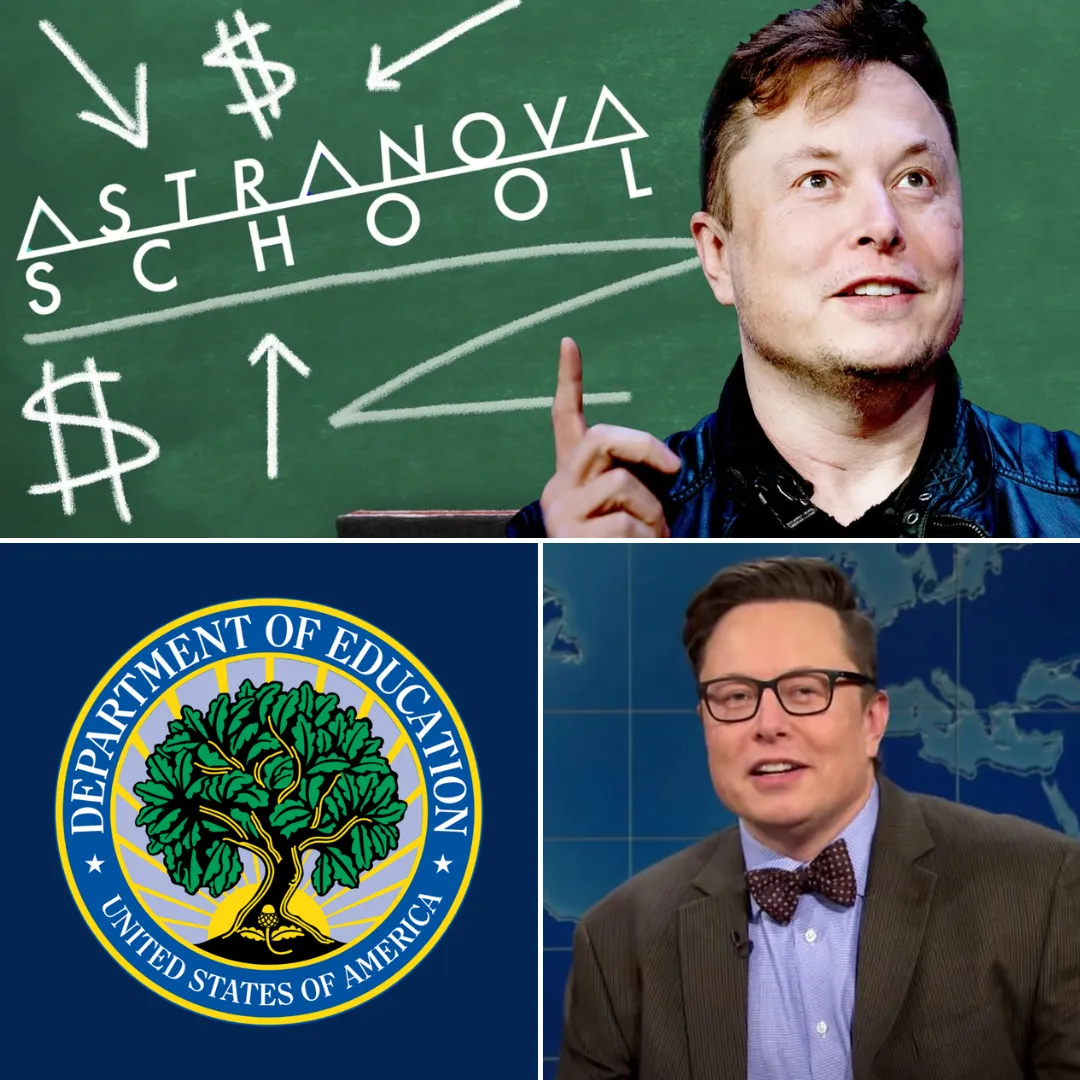
-1750782324-q80.webp)

-1750851956-q80.webp)
